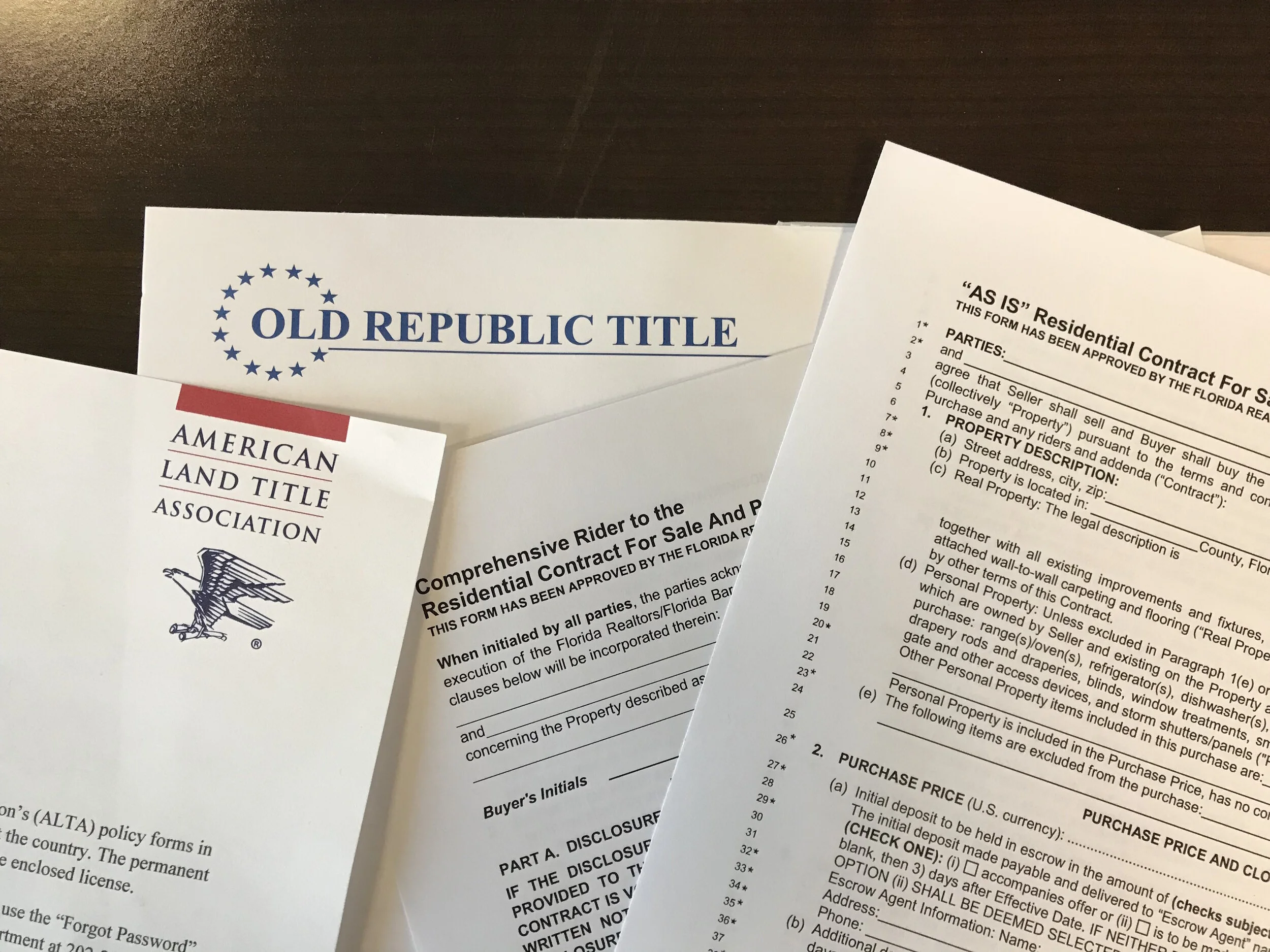Summary:
In commercial real estate, a marketable title is essential. It confirms legal ownership and protects against future disputes, delays, and financing issues. Without it, deals stall, development halts, and resale value drops. Clean title clears the way for fast closings, smoother operations, and stronger investment returns.
When you’re closing on commercial real estate, it’s not just about the property. It’s about what that property can do. Lease it. Build on it. Flip it. Hold it. Whatever your angle, one thing stands between you and a stack of future headaches: a marketable title. Without it, your plans are just paperwork and wishful thinking.
The Cost of Uncertainty
Commercial deals run bigger numbers, which means every loose end costs more. A marketable title gives you legal clearance to buy and to actually use what you’re buying. No unresolved liens. No boundary disputes. No surprise claims from a long-lost relative with a handwritten will.
If the title isn't clean, you're not just risking a delay. You could be stuck with a property that can't be sold, leased, financed, or legally developed. That wrinkle is likely to be a deal breaker.
Financing Demands It
Banks and private lenders don’t guess. They deal in certainties. A marketable title is one of their must-haves before releasing funds. If the title has defects, the deal stalls. Worse, the loan gets pulled.
Even if a lender is willing to work around the mess, expect higher fees or tighter terms. Title insurance underwriters work the same way. They won’t issue a policy unless the title checks out. And without that insurance, you’re flying blind.
Development Depends On It
You might spot a great location with big potential, but if the title’s flawed, your plans could be dead on arrival. An unmarketable title can block permits, tie up zoning approvals, and interfere with access to utilities or roads.
One missed easement, and suddenly your tenant can’t park. One boundary line off, and your building’s over the property line. Commercial real estate works because the details work. A clear title is what makes the rest possible.
Speed Wins If You’re Ready
Commercial closings often move fast. Once the due diligence is done, there’s pressure to finalize and fund. That pace leaves little room for title issues. If you’re still untangling a judgment lien or fixing a misrecorded deed, you’ll slow everyone down or kill the deal altogether.
A marketable title keeps things moving. It cuts negotiation time, simplifies escrow, and reduces the need for costly workarounds. Deals get done when both sides feel secure. That’s what a clean title delivers.
Exit-Ready From Day One
Commercial buyers aren’t always thinking about resale, but they should. A clean title now means fewer surprises later. When you go to sell, you don’t want to uncover problems the previous owner left behind. Worse, you don’t want your buyer to uncover them.
Fixing title defects after closing isn’t just frustrating. It can be expensive or even impossible without a courtroom and a good attorney. That’s why smart investors treat title like part of the property’s value, because it is.
Call the People Who Get It Done
At Spectrum Title Services, LLC, we don’t just close deals. We clear the path to what’s next. If you’re buying commercial real estate and want to make sure your title is solid, give us a call at 954-727-3347. Let’s get it right from the start.





















